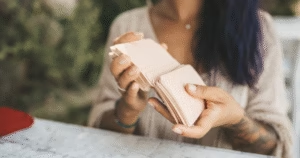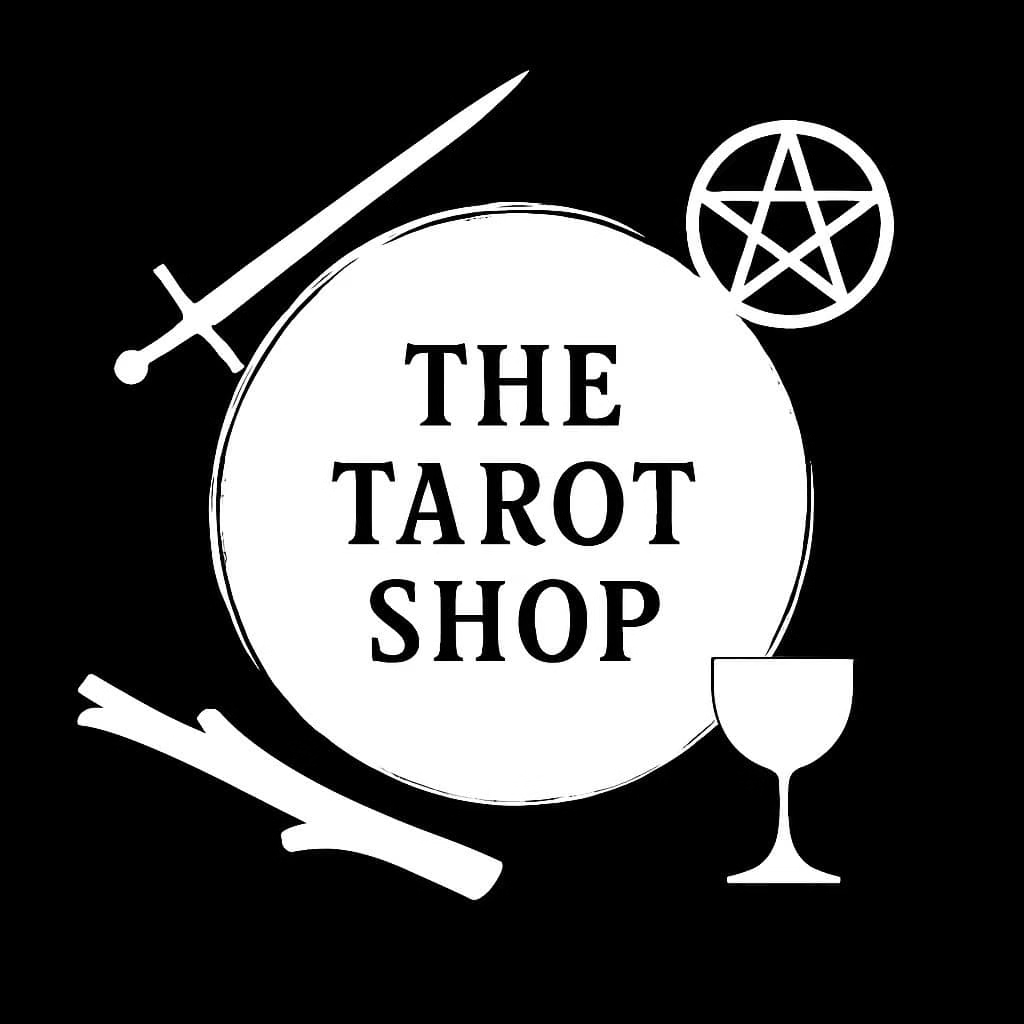How to Ask Tarot Questions

One of the biggest blocks for beginners isn’t shuffling, or learning the card meanings — it’s working out what to actually ask.
You sit down with your tarot deck, ready to go… and your mind suddenly goes blank. Or you ask something like “What will happen?” — then pull the cards and find yourself even more confused.
The truth is, the question you ask sets the whole tone of the reading. If it’s too vague or too narrow, the cards will often reflect that. But with just a little tweak, your reading can suddenly feel clear, grounded, and even a bit magical.
Tarot Works Best With a Bit of Direction
Tarot isn’t just about telling the future — it’s more like having a chat with your wiser self. And like any good conversation, it helps to ask the right kind of question. Instead of trying to predict exactly what will happen, try asking the cards to show you something: a fresh perspective, a pattern you haven’t noticed, or a way forward.
Here’s What a Good Tarot Question Sounds Like
You don’t have to get fancy. Most strong tarot questions start with words like:
– What…
– How…
– Why…
They’re curious, not controlling. And they usually focus on you and your choices, rather than what someone else is doing.
So, instead of “Will they text me?”, try:
– “What do I need to know about this connection right now?”
– “How can I communicate clearly with them?”
It feels softer, but it gives you so much more useful information.
A Few Examples to Get You Started
– “What’s the energy around this situation?”
– “Why am I feeling stuck right now?”
– “How can I approach this decision with confidence?”
– “What do I need to release to move forward?”
These sorts of questions invite the cards to show you something — not just hand you a straight answer.
Can I Ask Yes/No Questions?
You can, but they can be a bit limiting. If you do need a yes or no, try pulling three cards and assigning one to Yes, one to Maybe, and one to No — or ask for guidance around the decision instead. Tarot loves clarity, but it doesn’t always speak in absolutes.
What About Asking About Other People?
This is a big one. Most readers will tell you to keep the focus on yourself — and that’s not just a rule, it’s about keeping the reading in your control.
Rather than “What are they thinking?”, try:
– “What do I need to understand about this dynamic?”
– “How can I protect my energy in this situation?”
You’ll still get insight — but it will be something you can use.
Clarifying Cards — and When to Use Them
If a card stumps you, feel free to pull one clarifier. Just one! See if it adds depth or a new layer. If you keep pulling more and more, you’ll likely end up muddying the message.
Also, make sure your deck is properly shuffled — a deck still in order from the box won’t give you a balanced reading. If you’re unsure how to shuffle, I’ve written a guide you can find [HERE].
Final Thoughts
You don’t need the perfect wording — just the right intention. If you sit down with your cards and genuinely want guidance, that’s half the work done. Ask something that feels true to you, stay open to the answer, and let the cards do what they do best: reflect your story back to you.
The rest will come with practice — promise.
